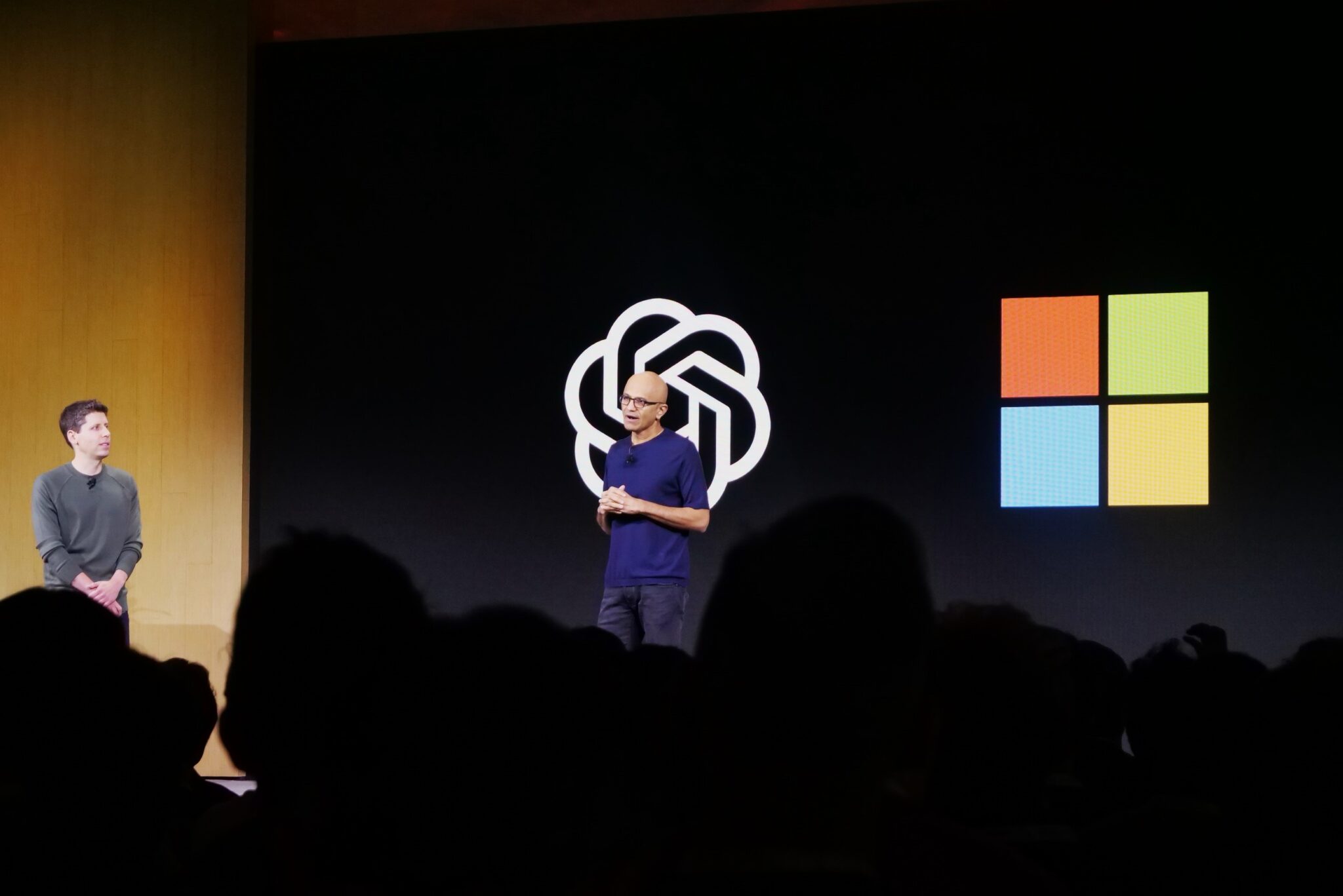Technology & Innovation
Author: anonymDate: 2024-11-20 18:08:36
Private correspondence: Elon Musk sought to prevent OpenAI from becoming excessively reliant on Microsoft
Elon Musk, an initial OpenAI co-founder, endeavored to restrain the organization's burgeoning relationship with Microsoft within an early cloud computing agreement with the Redmond-based firm. "This truly repulsed me. It's precisely the behavior I anticipated," Musk penned in a 2016 email exchange with OpenAI's Sam Altman, reacting to Microsoft's proposition of providing $60 million in cloud computing credits for $10 million—a $50 million reduction from their market value—conditioned on OpenAI actively promoting Microsoft Azure as its preferred cloud platform. Altman partially replied, "I experienced the same revulsion after reviewing that clause and they've already consented to withdraw it." Subsequently, Musk was apprised by Sam Teller, his then-chief of staff, that Microsoft was prepared to proceed with the accord for a $50 million payment from OpenAI without any promotional obligations. Musk responded that the revised proposition was acceptable, adding, "It would be worth considerably more than $50M to avoid appearing as Microsoft's marketing pawn." These emails precede, by several years, the substantial investment and collaboration between Microsoft and OpenAI, commencing in September 2019, following Musk's departure from OpenAI's non-profit board. Microsoft has subsequently invested nearly $14 billion in the San Francisco-based organization's capped-profit subsidiary, OpenAI Global LLC.

The 2016 email thread was unveiled publicly this week amongst various exhibits in a revised filing of Musk’s extensive lawsuit against Altman and OpenAI. This amended claim includes Microsoft as a defendant for the first time. Musk, the Tesla and SpaceX founder recently appointed by President-elect Trump to address governmental inefficiencies, initiated the original action against Altman and OpenAI earlier this year. The amended complaint, submitted Thursday in a Californian federal court, asserts that Microsoft is either providing or supplying cloud computing services to OpenAI "to harm competitors or eliminate competition." It accuses the entities of endeavoring to unlawfully dominate the generative artificial intelligence market. Microsoft declined to comment on the lawsuit in response to a GeekWire inquiry. The technology behemoth has furnished OpenAI with cloud computing resources for training the extensive AI models behind ChatGPT and other AI advancements. Conversely, OpenAI's technologies have bolstered Microsoft's own AI offerings. Microsoft declared during its latest earnings call that its overall AI revenue is projected to surpass $10 billion annually. Altman, the OpenAI CEO, has been present at Microsoft events and press briefings during the last two years to publicize their partnership and shared AI initiatives.